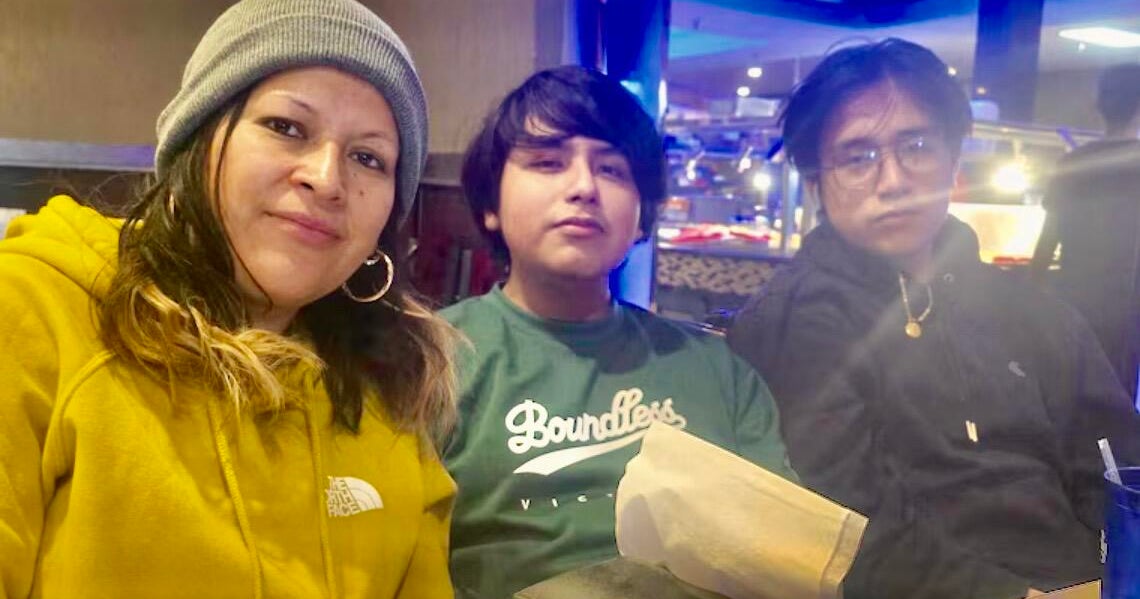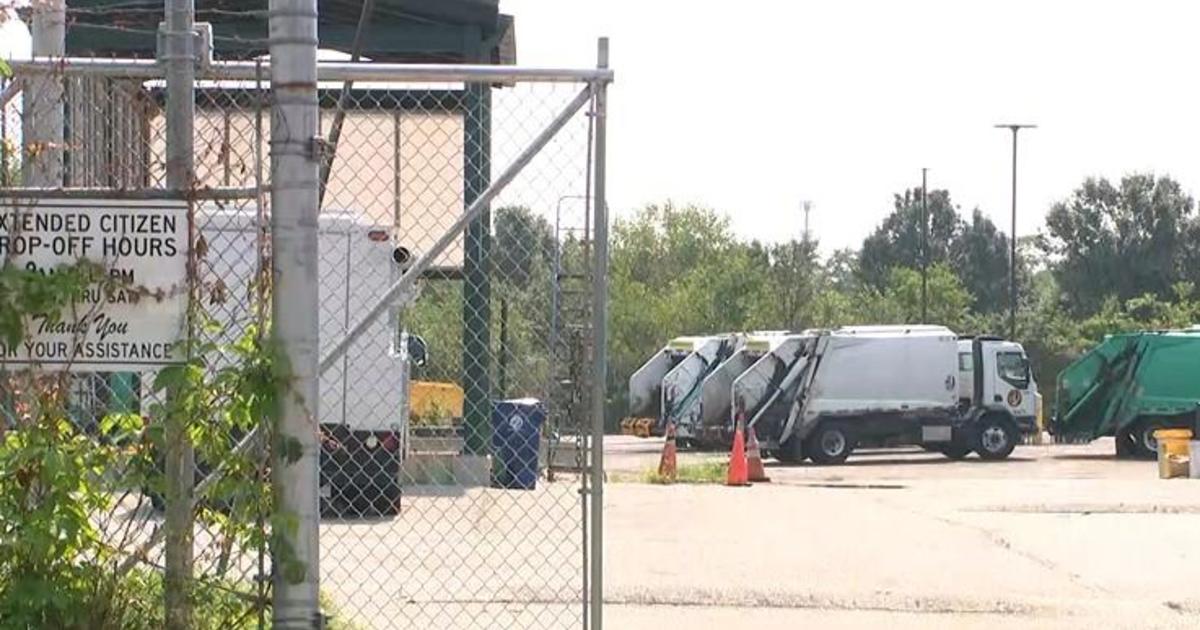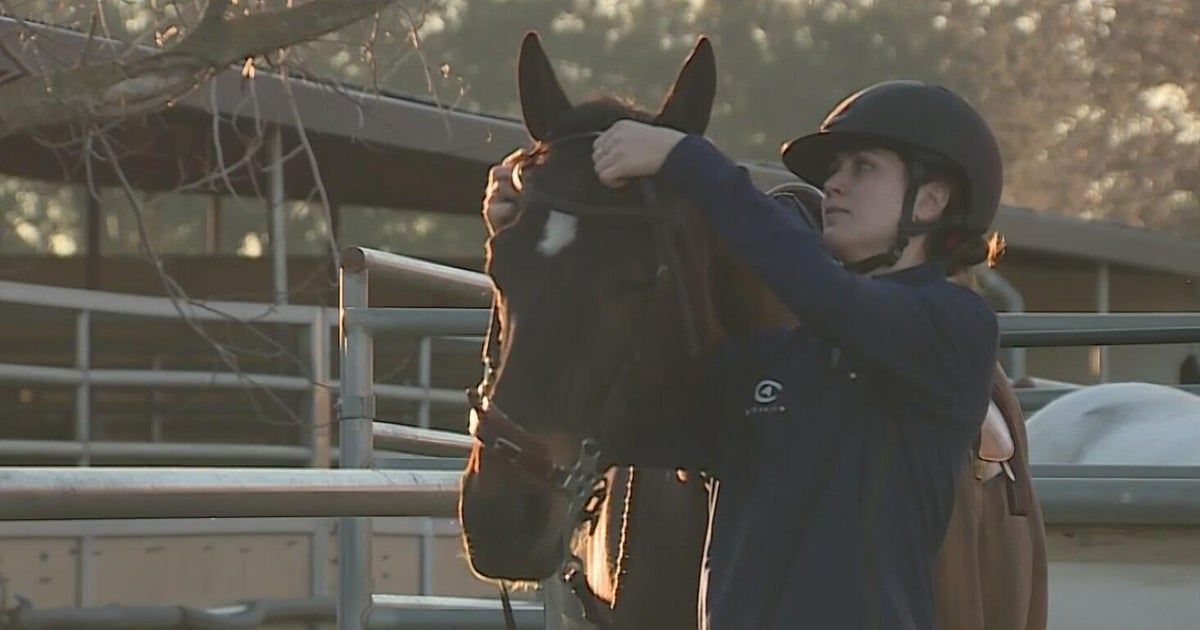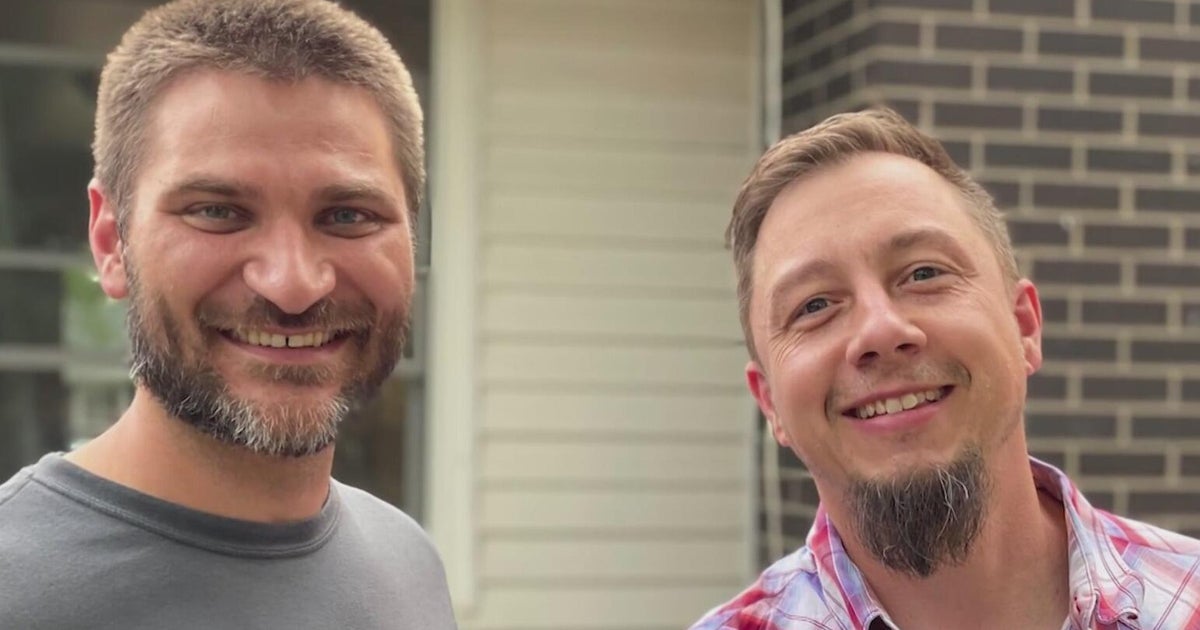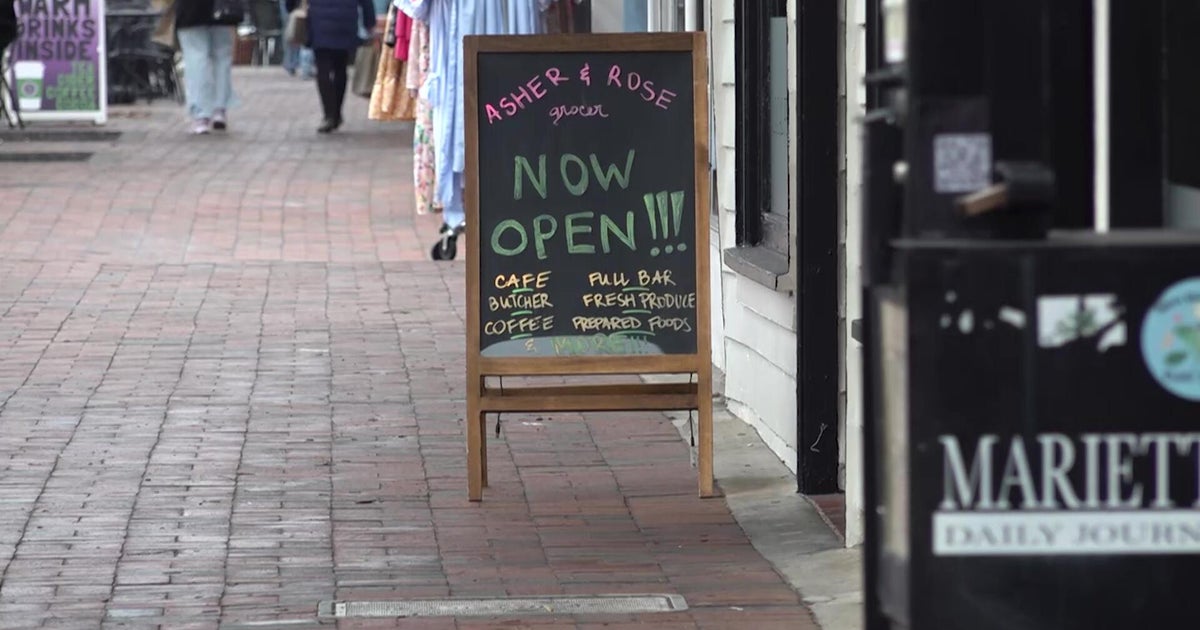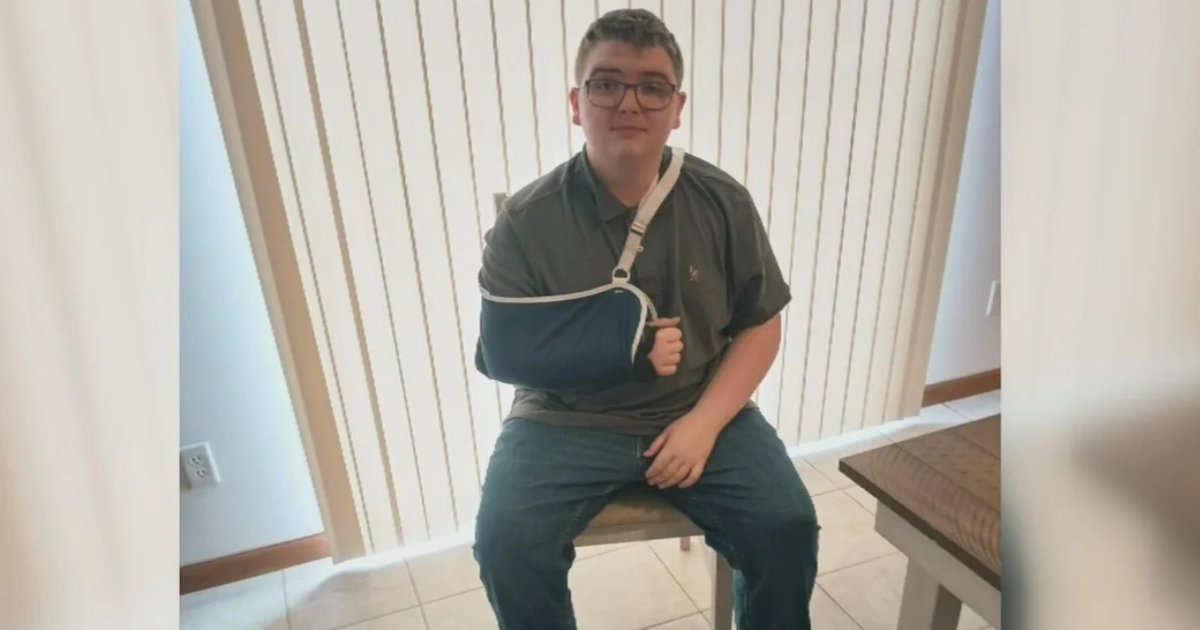Farmer: Md. Poultry Lawsuit Stressed Out Family
BALTIMORE (AP) -- A Maryland chicken farmer at the center of a pollution lawsuit that could affect the state's poultry industry said Thursday that the battle has been stressful for his family and has made him paranoid.
Alan Hudson, who raises chickens for poultry giant Perdue, is being sued by a New York-based environmental group. The group, the Waterkeeper Alliance, says Hudson's chicken-raising operation on his farm in Berlin polluted a nearby river. The group also sued Perdue, saying it should be responsible for the pollution because it owns Hudson's chickens and monitors their growth.
But lawyers for Hudson and Salisbury-based Perdue say there's no evidence of pollution. They say the Hudson farm operates just like others and that it would be unprecedented and catastrophic to the industry if ordinary practices are found to pollute.
Hudson said Thursday in response to questions from his lawyer that the lawsuit, which was filed in 2010, has been difficult for his family.
"It's been extremely hard on me and my wife, but it's been even harder on my children," Hudson said during his second day of testimony in federal court in Baltimore.
Hudson said his 6-year-old son has worried that he wouldn't have anywhere to live if the family loses the lawsuit. His 8-year-old daughter has been to a counselor. And Hudson said he's lost sleep and has been to the doctor more often.
He said he looks up every time he hears a plane because a flight over his farm began the lawsuit.
"You're paranoid all the time," he said.
In 2009, the Waterkeeper Alliance flew over the farm and spotted what the group believed was an uncovered pile of chicken manure. The group later found water sampled in the area contained high levels of bacteria.
The pile turned out to not be chicken manure, but the Waterkeeper Alliance says chicken waste is getting into water in another way. They blame fans that ventilate the farm's two chicken houses -- which house approximately 80,000 of the fowl -- and say waste is also dragged outside on the shoes of people who enter the houses.
Lawyers for Perdue and the Hudson family say the chicken manure isn't getting out in great enough amounts to pollute.
Hudson testified Thursday that he takes steps to keep the chicken manure in the houses. The manure is valuable as fertilizer he can use on his fields, he said, and he can also trade it or sell it to other farmers.
Under questioning from a lawyer for the environmental group, Hudson acknowledged he had signed papers that said he had a water quality pollution problem on the farm. Signing the papers allowed him to get government financial help to build concrete slabs, called "heavy-use pads," near the chicken house and elsewhere. Hudson later said he signed the forms but was not the person who filled them out.
Waterkeeper Alliance lawyer Jane Barrett, a law professor at the University of Maryland, also asked Hudson questions about fertilizer use on the farm and the fans on the chicken houses.
The trial before U.S. District Judge William Nickerson began Oct. 9 and is expected to finish next week. Nickerson will decide the case without a jury.
(Copyright 2012 by The Associated Press. All Rights Reserved.)
